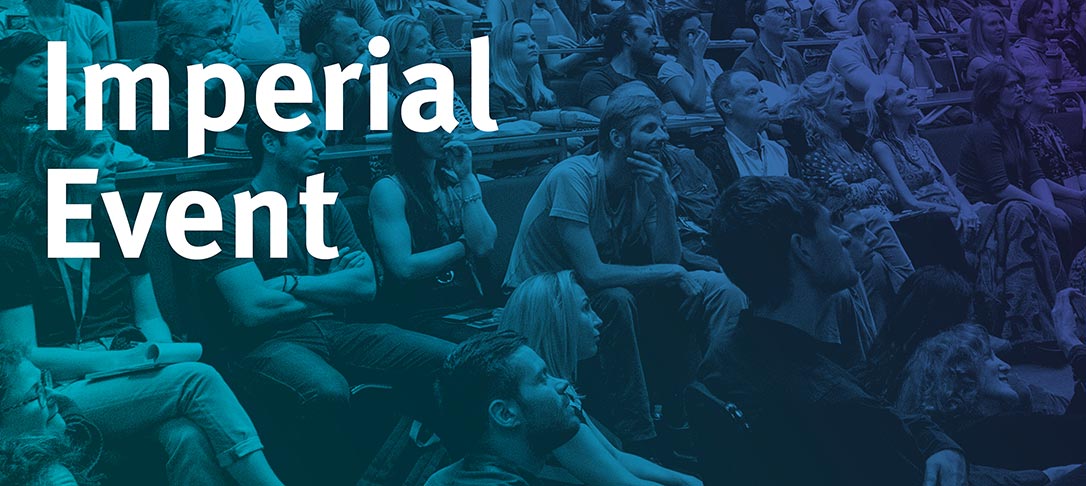
As part of the Energy Futures Lab Sustainable Power webinar series, Dr Robert Hoye discusses his research on the potential of bismuth-based semiconductors for harvesting indoor light.
Abstract
Photovoltaics produce clean electricity from sunlight and are one of the critical renewable technologies for achieving net-zero emissions targets [1]. Although silicon has become the most widely used photovoltaic material, its efficiency has plateaued and approached its fundamental limit. Furthermore, many of the new devices consuming energy will be small autonomous devices part of the Internet of Things ecosystem. Although solar cells are regarded as an ideal way to power these devices, silicon does not have the optimum band gap for indoor light harvesting. In the past decade, a new class of lead-halide perovskites has emerged as promising photovoltaic material. Lead-halide perovskites have a wider band gap than silicon and can be integrated with silicon photovoltaics to create tandem devices that exceed the efficiency limit of silicon single-junction devices. Lead-halide perovskites also more efficient in harvesting indoor lighting. However, the toxicity of the water-soluble lead component is a potential barrier to large-scale adoption.
This talk examines bismuth-based semiconductors as a low-toxicity and stable alternative to lead-halide perovskites, with particular focus on bismuth oxyiodide (BiOI). We show that BiOI replicates the ability of lead-halide perovskites to tolerate point defects, which could enable efficient performance to be achieved using low-temperature, scalable growth methods [2,3]. An all-inorganic device structure is developed, and we achieve photovoltaic devices with external quantum efficiencies reaching up to 80% at 450 nm wavelength. Both the BiOI absorber and devices are stable in air, and the 1.9 eV band gap is suitable for top-cells in tandem with silicon. We show that the band gap is close the optimum for indoor light harvesting, and we demonstrate BiOI devices with comparable performance to hydrogenated amorphous silicon (the industry standard for indoor photovoltaics). We show that these devices, with millimetre-scale dimensions, are sufficient to power carbon nanotube-based inverters [4]. Finally, we discuss the key limiting factors that need to be overcome to achieve further improvements in performance, as well as the potential of the broader family of bismuth-based perovskite-inspired materials for applications in solar energy and indoor light harvesting.
- Materials for the Energy Transition: Materials for Photovoltaic Systems (2020). https://www.royce.ac.uk/materials-for-the-energy-transition-photovoltaic-systems/
- R. L. Z. Hoye, et al. Adv. Mater. 2017, 29,1702176
- T. N. Huq, L. C. Lee, …, R. L. Z. Hoye, Adv. Funct. Mater. 2020, 30, 1909983
- Y. Peng, T. N. Huq, J. Mei, …, R. L. Z. Hoye, V. Pecunia, Adv. Energy Mater. 2020, Under Revision
Biography
Dr. Robert Hoye is a Lecturer and Royal Academy of Engineering Research Fellow in the Department of Materials at Imperial College London. He leads the Energy Materials & Devices Group, which focuses on the development of thin film semiconductors for clean energy conversion. Dr. Hoye completed his PhD at the University of Cambridge (2012-2014), before being a Postdoctoral Research Associate at MIT (2015-2016). In 2016-2019, he returned to the University of Cambridge as a College Research Fellow. From 2018, he took-up the Royal Academy of Engineering Research Fellowship, initially at Cambridge, before moving to Imperial College as a Lecturer in Jan. 2020.
About Energy Futures Lab
Energy Futures Lab is one of six Global Institutes at Imperial College London. The institute was established to address global energy challenges by identifying and leading new opportunities to serve industry, government and society at large through high quality research, evidence and advocacy for positive change. The institute aims to promote energy innovation and advance systemic solutions for a sustainable energy future by bringing together the science, engineering and policy expertise at Imperial and fostering collaboration with a wide variety of external partners. The Energy Futures Lab daytime seminars are delivered by staff and students from across the College and further afield.